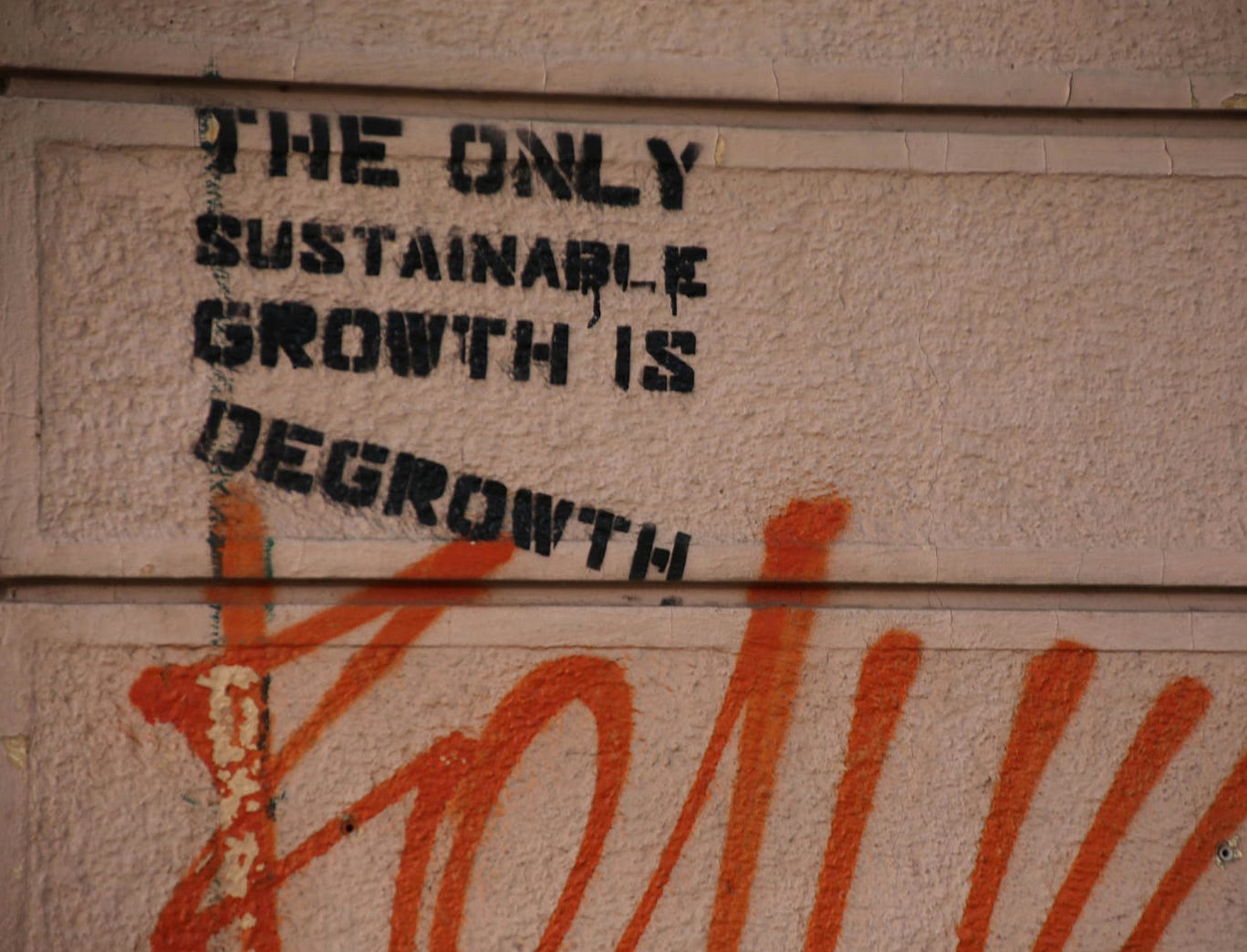The Seductive but Deceptive Sirens of Degrowth.
It is not degrowth that will save us.
It's the hit of the end of summer 2022: only degrowth can still save us!
The multiplication of heat waves, fires, drought, the violent storm in Corsica, and the dreadful floods in Pakistan have come as a brutal reminder that climate change is indeed a global reality.
As a direct consequence, these tragedies have allowed the proponents of degrowth to find …
Keep reading with a 7-day free trial
Subscribe to Sylvain Saurel’s Newsletter to keep reading this post and get 7 days of free access to the full post archives.


